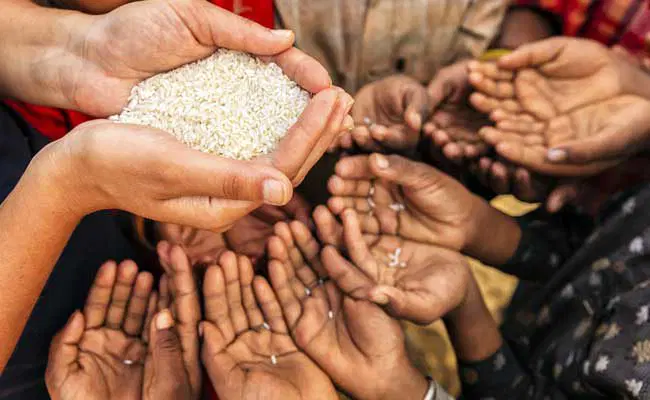The latest Cadre Harmonisé report on food and nutrition insecurity in Nigeria, released by the Food and Agriculture Organization (FAO), warns that 33.1 million Nigerians could face severe food insecurity during the lean season from June to August 2025. The report, led by the Nigerian government and supported by international partners, reveals a troubling 7 million increase in people at risk compared to the previous year, driven by economic hardships, soaring inflation, climate change impacts, and ongoing violence in the northeast.
The report highlights the expected surge in Emergency-level food insecurity (Phase 4), with projections indicating that 1.8 million Nigerians could reach this critical phase in 2025—an 80% rise from the 1 million people affected in 2024. Although no groups have been classified in the Catastrophe phase (Phase 5), the increase in emergency cases points to a rapidly worsening crisis.
Acute malnutrition also poses a significant threat, with 5.4 million children and nearly 800,000 pregnant and breastfeeding women at risk, particularly in the northeastern states of Borno, Adamawa, and Yobe, and the northwestern states of Sokoto, Katsina, and Zamfara. Among these, 1.8 million children face Severe Acute Malnutrition (SAM) and require urgent nutritional intervention.
Economic challenges, compounded by record-high inflation—reaching 40.9% for food and 34.2% for general items in June 2024—continue to exacerbate food insecurity across Nigeria. Speaking at the report’s presentation, Dr. Temitope Fashedemi, Permanent Secretary of the Federal Ministry of Agriculture and Food Security, emphasized the importance of the Cadre Harmonisé data for planning food security interventions across federal ministries, agencies, and affected states.
FAO’s interim representative in Nigeria, Dominique Koffy Kouacou, reaffirmed the organization’s dedication to addressing food insecurity, stating, “Working closely with our partners, FAO is dedicated to implementing durable solutions that tackle the underlying causes of food insecurity and malnutrition. By enhancing agri-food systems, we aim to meet urgent needs while promoting long-term progress.”
David Stevenson, Country Director of the World Food Programme (WFP), highlighted the critical need for peace in the northeast to enable agricultural productivity and leverage the region’s potential as Nigeria’s food basket. UNICEF’s Country Representative, Ms. Cristian Munduate, underscored the impact on children, noting, “Children are at the center of the food insecurity crisis and face irreversible consequences, both physical and cognitive, and potentially even death.”
The United Nations has urged the Nigerian government, donors, and stakeholders to mobilize resources and take decisive action to prevent an impending food and nutrition disaster, emphasizing the need for a coordinated, multi-sectoral response to address the crisis nationwide.













